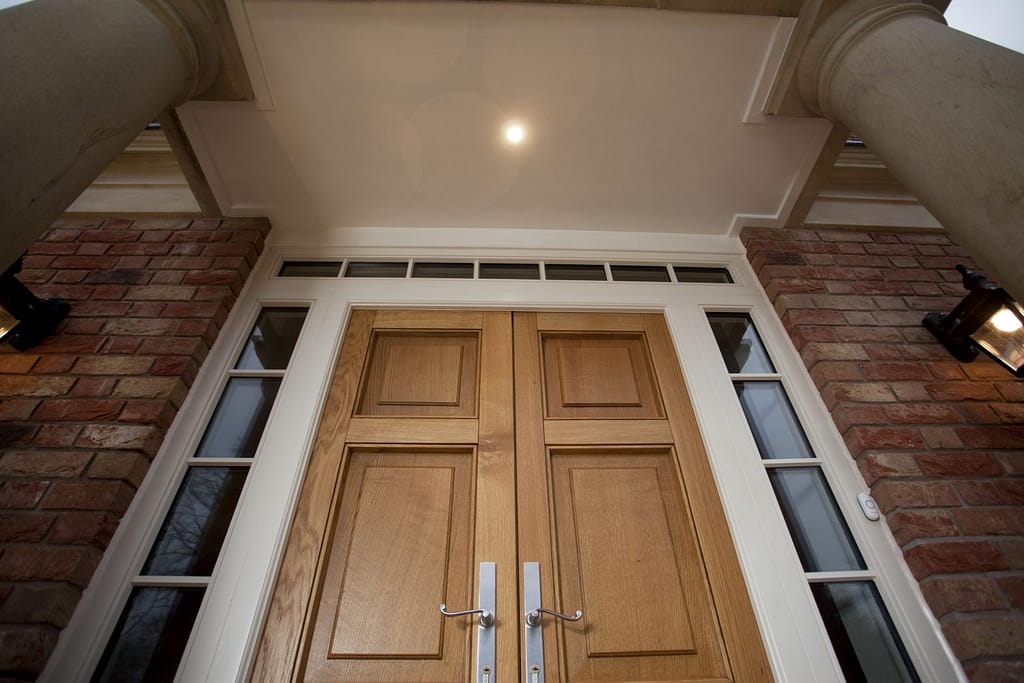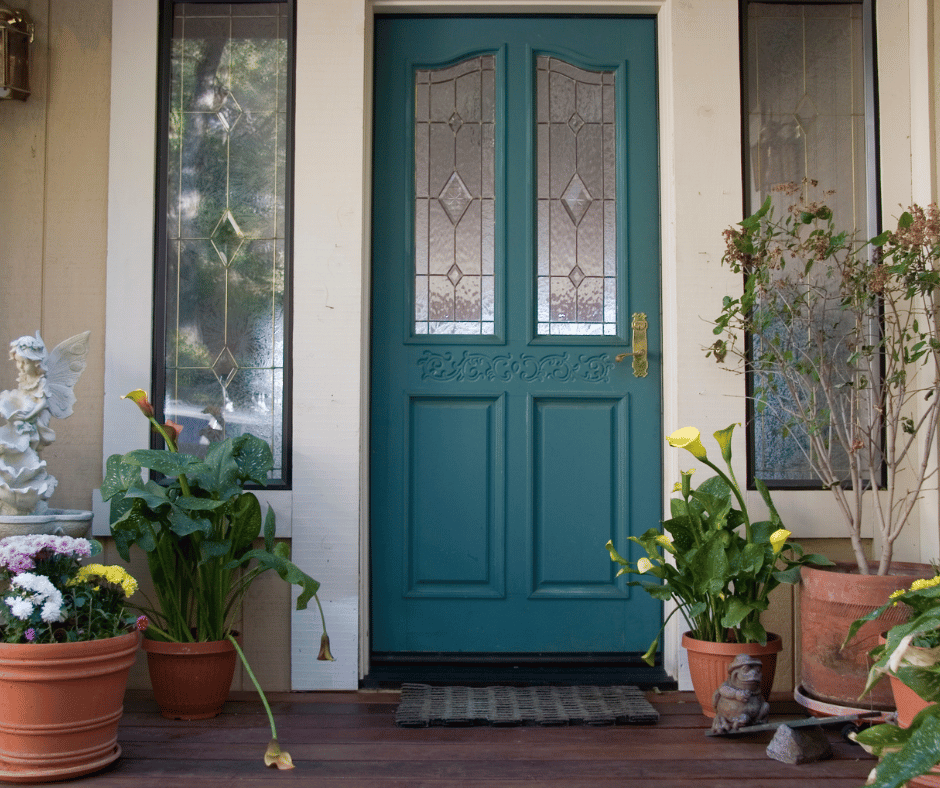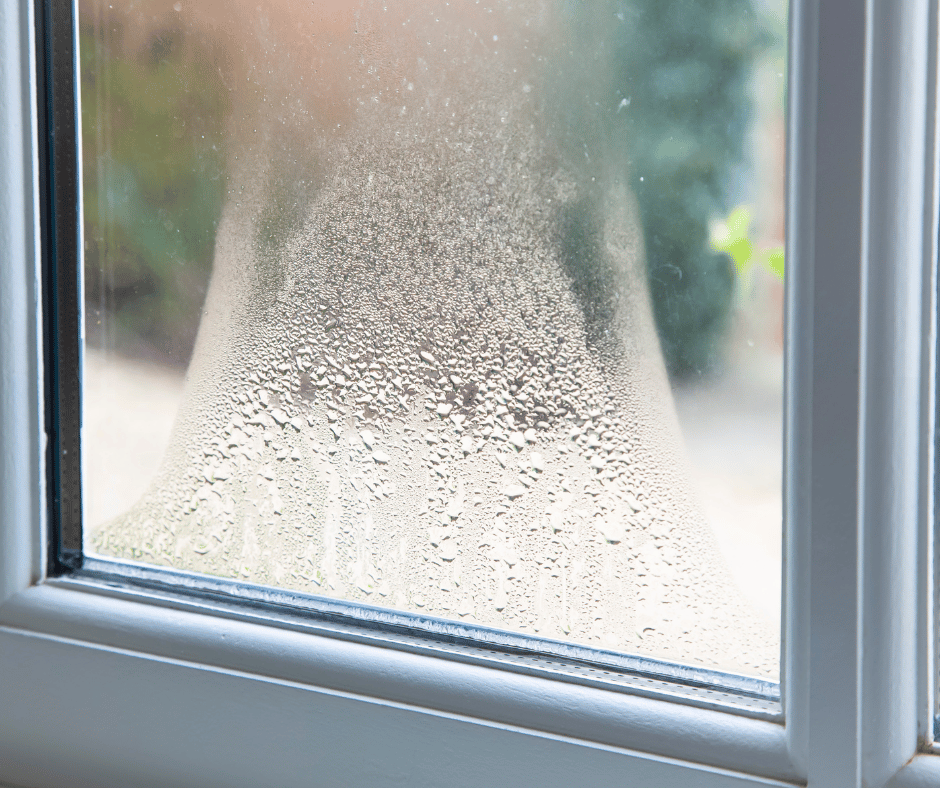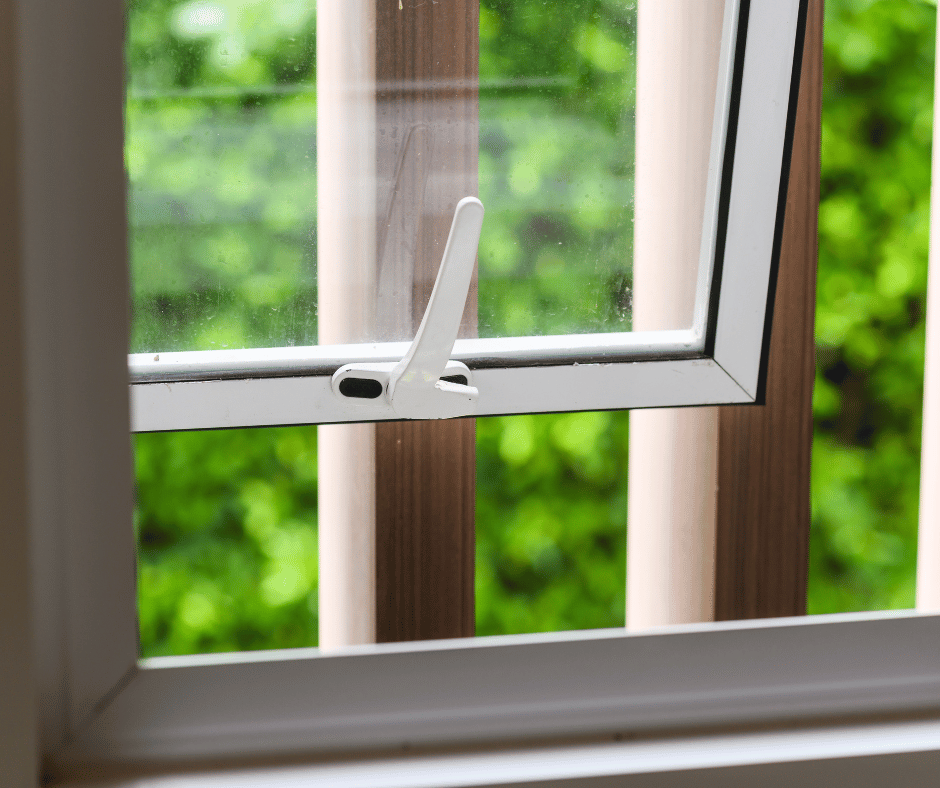If you’re upgrading your front door, you might be asking yourself: are composite doors worth the money? With so many options available, choosing the right door can feel overwhelming. Composite doors are one of the most popular choices in the UK, known for their security, durability, and energy efficiency. But do they really justify their higher price tag compared to uPVC or timber doors?
In this guide, we’ll break down everything you need to know. We’ll explore why composite doors cost more, how they compare to other materials, and whether they offer long-term value. By the end, you’ll have a clear understanding of whether a composite door is the right investment for your home.
What Makes Composite Doors Different?
When choosing a front door, security, durability, and insulation are key considerations. Composite doors stand out because of their unique multi-layered construction, which combines the best properties of different materials. This makes them far stronger, more energy-efficient, and longer-lasting than traditional uPVC or timber doors.
The Unique Construction of Composite Doors
Composite doors are made from a variety of materials, each selected to enhance strength, durability, and performance. Unlike uPVC doors, which are made entirely from plastic, or timber doors, which require frequent upkeep, composite doors offer the best of both worlds.
The structure of a high-quality composite door typically includes:
- Solid timber core – Provides a strong and robust centre, offering superior security.
- uPVC reinforcement – Enhances structural integrity while ensuring low maintenance.
- High-density insulating foam – Helps reduce heat loss, making the door more energy-efficient.
- Glass Reinforced Plastic (GRP) outer layer – Protects against weather damage, scratches, and fading, ensuring long-term durability.
This combination results in a door that is stronger, more secure, and better insulated than most alternatives on the market.
Read our blog post “What is a composite door” for a full breakdown of the specifics.
Why Composite Doors Outperform uPVC and Timber
The multi-layered design of composite doors gives them several key advantages over uPVC and timber doors:
- Enhanced security – The solid core and reinforced frame make composite doors highly resistant to forced entry.
- Superior insulation – The insulating foam and thick core help retain heat and lower energy bills.
- Low maintenance – Unlike timber, composite doors don’t need repainting or regular treatment.
- Weather resistance – The GRP skin prevents warping, swelling, or fading, even in extreme weather conditions.
These factors make composite doors one of the most reliable and long-lasting choices for homeowners looking to invest in a high-quality front door. In the next section, we’ll explore how they compare to other door types in more detail. At Celestial Windows, composite doors are one of our best sellers. They’re stylish, secure and durable. If you’re interested, contact us for a quote, or to discover more.

How Do Composite Doors Compare to Other Door Types?
When investing in a new front door, it’s important to consider security, durability, insulation, and maintenance. Composite doors are often seen as the premium option, but how do they compare to uPVC and timber doors in key areas?
The table below highlights the differences between composite, uPVC, and timber doors, helping you make an informed decision.
| Feature | Composite Doors (Best Overall) | uPVC Doors (Budget-Friendly) | Timber Doors (Traditional but High Maintenance) |
| Security | High – Multi-point locking, anti-snap locks, reinforced core | Moderate – Secure but can be less sturdy than composite | Low to Moderate – Can be forced open if not reinforced |
| Durability | 25-30 years | 10-15 years | Varies – Requires maintenance to last |
| Insulation | High – Solid core and foam filling provide excellent insulation | Moderate – Basic insulation properties | Low – Prone to draughts and heat loss |
| Weather Resistance | Excellent – GRP outer layer prevents warping, swelling, and fading | Good – Resists water but can become brittle over time | Poor – Can swell, warp, or rot when exposed to moisture |
| Customisation | Wide range of styles, colours, and glazing options | Limited – Fewer design choices | Requires painting or staining to maintain appearance |
| Maintenance | Low – Occasional wipe-down is enough | Low – Easy to clean, but may discolour over time | High – Requires regular sanding, painting, and sealing |
| Cost | Higher upfront cost but long-term value | Budget-friendly – Cheapest option | Expensive – High initial cost plus ongoing maintenance |
Which Door is the Best Choice?
- Composite doors offer the best combination of security, insulation, and durability, making them a long-term investment for homeowners who want a secure, energy-efficient entrance.
- uPVC doors are a budget-friendly option, but they don’t provide the same level of insulation or durability as composite doors.
- Timber doors offer a classic look, but they require regular maintenance and are less energy-efficient than composite doors.
If you have the budget, we’d always recommend a composite door if you’re looking for the best security, weather resistance, and energy efficiency. You can read more about how much a composite door costs fitted in our dedicated guide.
Breaking Down The Cost of Composite Doors
Composite doors are often more expensive than uPVC or timber, but there’s a good reason for that. Their high-quality materials, customisation options, and long lifespan make them a better long-term investment.
Why Do Composite Doors Cost More?
Composite doors are designed to outperform traditional doors in every way. Their higher price reflects premium materials, advanced security features, and superior insulation.
1. High-Quality Materials
- Solid timber core – Provides strength and durability.
- Glass Reinforced Plastic (GRP) outer skin – Protects against weather damage, scratches, and fading.
- Thermal insulation layer – Reduces heat loss, keeping your home warmer in winter and cooler in summer.
This combination makes composite doors stronger, more durable, and more energy-efficient than uPVC.
2. Advanced Security Features
Security is a key reason many homeowners choose composite doors over cheaper alternatives. High-quality composite doors include:
- PAS 24 certification – Meets strict UK security standards.
- Secured by Design approval – Recognised by the UK police for enhanced security.
- Multi-point locking systems – Secures the door at multiple points, making forced entry difficult.
These features increase the overall cost but provide peace of mind and better protection for your home.
3. Customisation and Design Options
Unlike uPVC doors, composite doors offer a wide range of styles, colours, and hardware options. Customisation choices can affect the price, including:
- Woodgrain finishes that replicate the look of real timber.
- Bespoke colours to match your home’s aesthetic.
- Glazing options, including frosted or decorative glass.
- Handles, knockers, and letterplates in various finishes.
These options allow homeowners to create a unique entrance, but premium designs and accessories increase the overall cost.

The Price Range of Composite Doors in the UK
Composite doors vary in price depending on size, style, glazing, and security features. Below is a rough price comparison between composite, uPVC, and timber doors.
| Door Type | Estimated Cost (UK) | Lifespan | Maintenance Costs Over Time |
| Composite Doors | £800 – £2,000 | 25-30 years | Low |
| uPVC Doors | £400 – £1,200 | 10-15 years | Low |
| Timber Doors | £1,500 – £3,000+ | 20+ years | High |
Additional Costs to Consider
While the door itself is the biggest expense, other costs may apply, including:
- Professional installation – Ensures a perfect fit and maximum security.
- Premium security upgrades – Anti-snap cylinders, smart locks, or reinforced hinges.
- Bespoke glazing – Decorative or privacy glass increases the price.
Though composite doors have a higher upfront cost, they require less maintenance, offer better insulation, and last much longer than uPVC. Our team at Celestial Windows can talk to you to see if a composite door is the right option for you, as well as talking through flexible financing options.
The Benefits of Investing in a Composite Door
A front door is more than just an entrance. It’s a key part of your home’s security, energy efficiency, and kerb appeal. While composite doors come at a higher price than uPVC, their long-term benefits far outweigh the cost. Here’s why they’re one of the best investments for UK homeowners.
Unmatched Security Features
Home security starts at the front door. Composite doors are built to withstand forced entry, making them one of the most secure options on the market.
- Multi-point locking systems – Secure the door at multiple points, preventing forced entry.
- Anti-snap, anti-drill, and anti-pick cylinders – Protect against common burglary techniques.
- Solid timber core and reinforced frame – Provide superior strength compared to hollow uPVC doors.
- PAS 24 certification – Composite doors meet strict UK security standards.
- Secured by Design accreditation – Recognised by the UK police as a security-approved option.
Unlike uPVC doors, which can be forced open at weak points, a composite door is designed to keep your home safe from intruders.
Long-Lasting and Low Maintenance
If you want a front door that lasts for decades without regular upkeep, a composite door is the ideal choice.
- 25+ year lifespan – Composite doors last far longer than uPVC doors, which often need replacing after 10-15 years.
- No warping, swelling, or rotting – Unlike timber doors, composite doors won’t deteriorate in damp conditions.
- Minimal maintenance – No need for sanding, painting, or sealing—just an occasional wipe-down with soapy water.
A composite door is built to maintain its appearance and performance for decades, saving you time and money on maintenance.

Energy Efficiency and Lower Heating Bills
An energy-efficient front door makes a noticeable difference to heat retention and energy bills. Composite doors provide superior insulation, helping you reduce heat loss and cut down on heating costs.
- High-density insulating core – Traps heat inside, making your home warmer in winter and cooler in summer.
- Lower U-values than uPVC – The lower the U-value, the better the insulation. Composite doors offer some of the best thermal performance on the market.
- A or A+ energy ratings – Many composite doors achieve top energy ratings, helping homeowners reduce their carbon footprint.
With rising energy costs, a composite door can save homeowners money by improving home insulation.
Weatherproof and Durable in the UK Climate
British weather can be unpredictable, but composite doors are built to withstand extreme conditions.
- GRP (Glass Reinforced Plastic) outer skin – Prevents cracking, fading, and water damage.
- Resistant to extreme temperatures – Won’t expand, contract, or become brittle in freezing conditions.
- Ideal for coastal areas – Unlike timber, composite doors won’t swell or absorb moisture, making them perfect for homes exposed to high humidity or salty air.
This durability makes composite doors a smart investment for long-term performance, regardless of location.
Customisation Options for Every Home
A front door should reflect your personal style while enhancing your home’s kerb appeal. Composite doors offer a wide range of customisation options, making them suitable for modern and traditional homes alike.
- Extensive colour choices – From bold contemporary shades to classic heritage colours.
- Woodgrain finishes – Get the look of a traditional timber door without the maintenance.
- Stylish glazing options – Frosted, patterned, or decorative glass to suit your home’s style.
- Custom hardware choices – Choose from different handles, knockers, letterplates, and security accessories.
FAQs
Are composite doors better than uPVC?
Yes, composite doors are superior to uPVC in security, durability, and insulation. Their solid timber core and reinforced structure make them stronger, while multi-point locking systems and anti-snap locks enhance security. Composite doors also offer better thermal efficiency, reducing heat loss and lowering energy bills.
Do composite doors fade in the sun?
No, composite doors are designed to withstand UV exposure. The Glass Reinforced Plastic (GRP) outer skin prevents fading, cracking, or discolouration, even in direct sunlight. Unlike uPVC, which can yellow over time, composite doors maintain their appearance for decades.
How long do composite doors last?
Composite doors have a lifespan of 25-30 years, significantly outlasting uPVC doors, which typically need replacing after 10-15 years. Their robust construction and weather-resistant materials ensure long-term performance with minimal wear and tear.
Are composite doors energy efficient?
Yes, composite doors provide excellent insulation, helping homeowners reduce energy costs. Their dense core and insulating foam layer prevent heat loss, while low U-values and A+ energy ratings ensure optimal thermal performance.
Do composite doors require maintenance?
Composite doors are low maintenance, requiring only occasional cleaning with soapy water to keep them looking new. Unlike timber doors, they don’t need repainting, sealing, or regular upkeep. Lubricating hinges and locks once a year helps ensure smooth operation.
Final Verdict: Are Composite Doors Worth the Money?
At Celestial Windows, we know that choosing a front door is about more than just appearances. Picking the right front door is also about security, durability, and long-term value. Composite doors offer unmatched strength, energy efficiency, and weather resistance, making them the best investment for homeowners looking for reliability and style.
While composite doors cost more upfront, they save homeowners money in the long run by:
- Enhanced security – Multi-point locking systems, reinforced cores, and PAS 24 certification for ultimate protection.
- Exceptional insulation – Keeps your home warm in winter and cool in summer, helping to lower energy bills.
- Long-term durability – With a lifespan of 25+ years, composite doors outlast uPVC and require little to no maintenance.
- Stylish customisation – A range of colours, finishes, and hardware options to suit any home.
While cheaper doors may seem like a good deal upfront, they often need repairs or replacements sooner, leading to higher costs over time. A composite door from Celestial Windows is a smart, long-term investment that provides security, efficiency, and peace of mind for decades.
If you’re ready to enhance your home’s security and energy efficiency, Celestial Windows can help. We offer expert advice, high-quality installations, and a range of premium composite doors designed to last.
Get in touch today to explore our collection or request a free consultation. Let us help you find the perfect composite door for your home.




